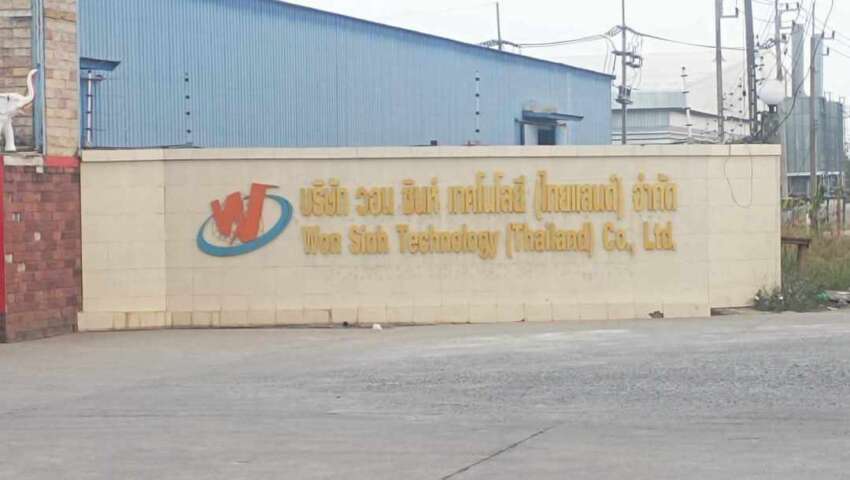
Workers at Won Sinh Technology factory in Chonburi, Thailand have reported systematic discrimination and oppression specifically targeting Myanmar workers. The factory, which employs over 900 Myanmar workers alongside Thai, Vietnamese, and Chinese workers, has been accused of implementing discriminatory practices exclusively against Myanmar employees. Sources indicate that while the factory previously increased its workforce during peak production periods, following the Chinese New Year holiday, they began implementing irregular work schedules that severely impact Myanmar workers.
The management has instituted a system where workers are forced to alternate between working one day and taking one day off, with some workers being required to take three to four days off before being allowed to work a single day. Despite Thai government regulations stipulating a daily minimum wage of 400 baht, the factory has switched to a contract-based payment system that disadvantages workers. Additionally, requests for compensation during forced off-days have been consistently ignored by management. The factory’s administration has created a bureaucratic maze between themselves and labor brokers, effectively preventing workers from receiving proper responses to their grievances.
The situation has been further complicated by the factory’s practice of issuing fraudulent documentation to workers who formally resign, creating obstacles for their future employment opportunities. The management has also implemented a strict policy of immediate termination for any unauthorized absence, even for a single day. Workers report that the factory deliberately creates administrative hurdles that specifically target Myanmar employees, while workers of other nationalities are not subjected to similar treatment. The cost implications for workers are significant, with some reporting expenses of approximately 1 million Myanmar kyat to secure necessary documentation for new employment.
Previous attempts by workers to protest these conditions have resulted in retaliatory dismissals, effectively silencing further organized resistance. The ongoing systematic discrimination has created an atmosphere of fear and uncertainty among Myanmar workers, who face significant challenges in maintaining their livelihoods. The situation highlights the vulnerable position of migrant workers in Thailand’s industrial sector, particularly those from Myanmar, who often face additional layers of discrimination and exploitation in their pursuit of economic opportunities.



